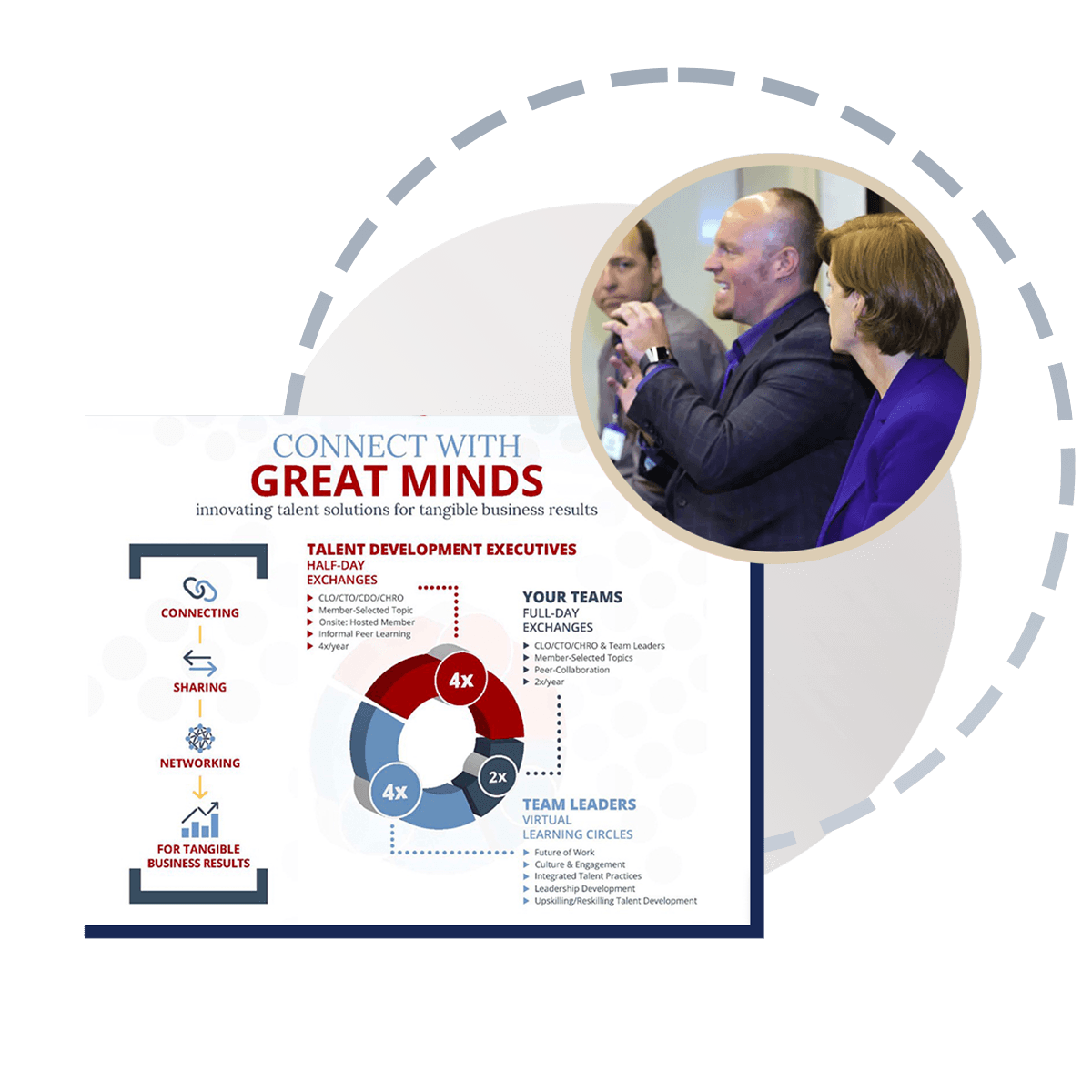"Identify where you can ignite change without direct involvement. Be the spark, not just the hand." -- Jennifer Kern
This session offered a comprehensive exploration of the essence of catalyst leadership, emphasizing the pivotal role senior HR talent leaders play in driving organizational transformation. Leading as a catalyst means not merely managing or directing but sparking significant change that aligns with strategic visions.
Key Takeaways from the Session:
- Empowerment and Strategic Questioning: Effective leaders empower their teams by asking insightful questions that align with long-term goals, fostering a culture where curiosity and proactive engagement are valued.
- Building Trust through Delegation: Delegating strategically allows leaders to concentrate on areas where they can add the most value, encouraging a culture of trust and independence within the team.
- Sustainable Change: As catalysts, HR leaders are urged to focus on sustainable change rather than quick fixes, developing systems and cultures that support continuous improvement and long-term success.
- Utilizing Mental Models: Leaders should adopt and refine mental models that aid in making strategic decisions, helping clarify complex situations and ensure alignment with the organization’s objectives.
- Communication and Influence: The ability to communicate effectively and tell compelling stories about HR initiatives is crucial in securing support and demonstrating the value of the HR function.
- Reflective Leadership: Continual self-reflection on personal effectiveness and adaptability as a leader is vital in the dynamic field of HR, ensuring that leadership strategies remain relevant and impactful.
By embracing these practices, senior HR talent leaders can truly act as catalysts for change, harnessing their unique positions to influence and reshape their organizational landscapes profoundly.
